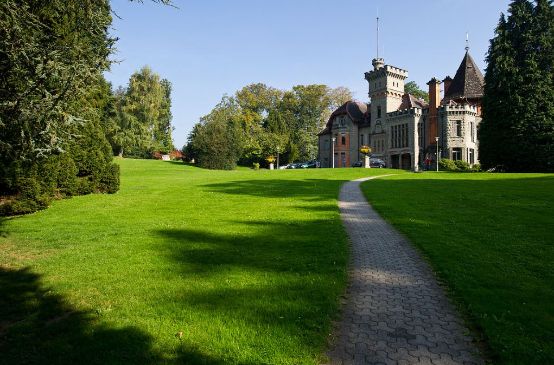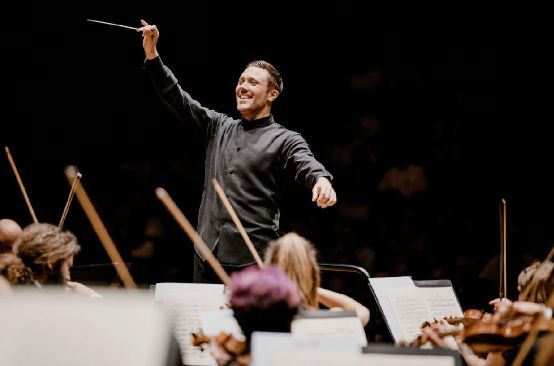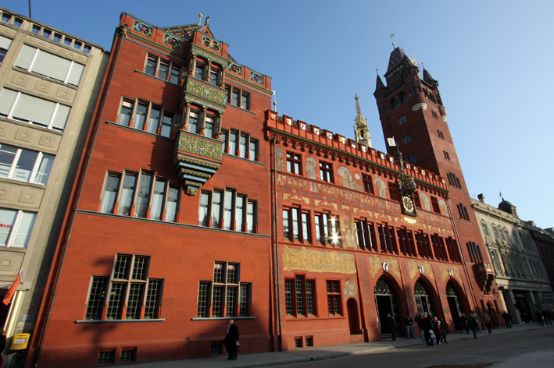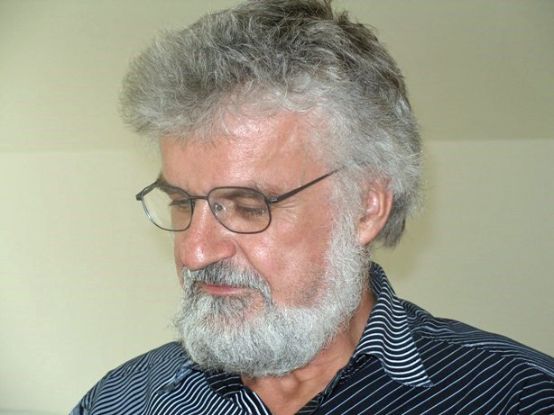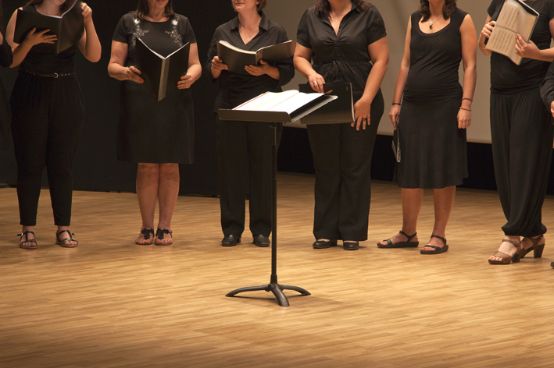The Swiss section of the ISCM has announced that, on its initiative, musicologist Anton Haefeli from Aargau was appointed an honorary member of the International Society for Contemporary Music (ISCM) by a large majority at its General Assembly on June 27, 2020. "Anton Haefeli has been held in high esteem by the ISCM for decades," writes ISCM-Switzerland. It refers to his book published by Atlantis-Verlag in Zurich in 1982: IGNM - The International Society for New Music - Its history from 1922 to the present day. This "epochal" and "reference-generating" work was commissioned in 1972 for the 50th anniversary of the IGNM and documents the significance of the company from 1922 to 1980 "exemplarily" alongside its history.
The ISCM-Switzerland writes further: "Haefeli, born in Brugg in 1946, studied musicology with Kurt von Fischer and music theory with Rudolf Kelterborn in Zurich. He received his doctorate with the aforementioned thesis on the history of the IGNM (International Society for Contemporary Music ISCM). He then worked as a researcher and teacher at the Basel Academy of Music, most recently as its deputy director. Publication of numerous articles on music education topics and 20th century music.
Haefeli is the fourth Swiss ISCM honorary member after Arthur Honegger (1950), Paul Sacher (1971) and Klaus Huber (1994). The ISCM's honorary members include important composers, conductors and musicologists of the 20th century, including Igor Stravinsky, Béla Bartók, Maurice Ravel, György Ligeti, John Cage, Hermann Scherchen and Arnold Schoenberg.
The ISCM is the oldest international umbrella organization for the promotion of New Music. It is considered one of the most important music-cultural societies in the world. Originally founded as an initiative of the Second Viennese School in 1922 during the Salzburg Festival, it sees itself as an international network for the promotion of New Music. One of its central tasks is to organize the World New Music Days, which have been held at different locations every year since 1923. The Swiss Society for New Music is the Swiss section of the ISCM, also founded in 1922. It is currently chaired by Javier Hagen."







